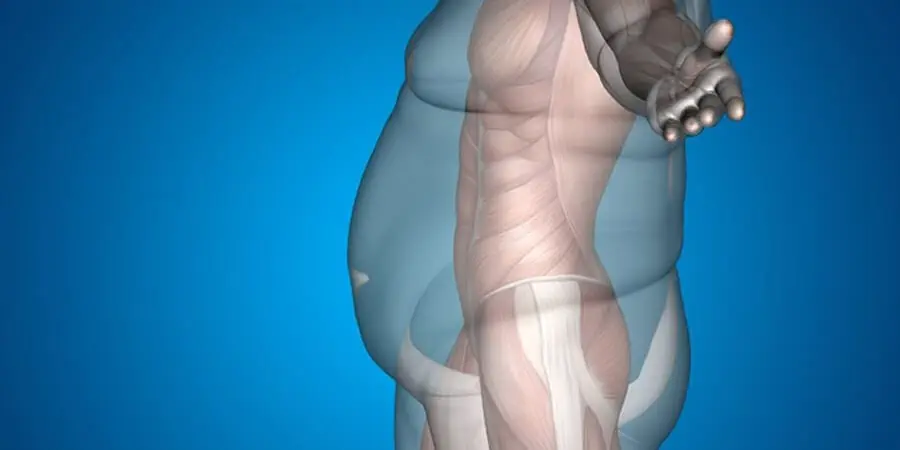What are triglycerides?
Triglycerides are one of the body’s primary energy sources and constitute the largest percentage of fat stored in the body. These fats are stored when there is an excess of glucose or blood sugar, and are used to produce energy later when the body is in need of an energy source. High levels of triglycerides pose a health risk, as they are linked to serious chronic diseases such as insulin resistance, obesity, type 2 diabetes, and pancreatitis. Therefore, it is necessary to maintain healthy levels of triglycerides to avoid these diseases.
Foods that help burn triglycerides:
1- Whole grains: Whole grains are considered one of the best reliable sources of energy, as they help avoid unhealthy carbohydrates that contribute to increasing triglycerides. For example: rice, quinoa, oats, barley, and buckwheat.
2- Natural fruits: Replacing processed sweets with natural fruits represents an important step in reducing triglyceride levels. Kiwi, oranges, grapefruit, and strawberries are among the fruits that help in this regard.
3- Leafy vegetables: Eating leafy vegetables in your daily meals provides antioxidants, essential vitamins and minerals, and helps control blood sugar levels. Green beans, zucchini, squash, lettuce, arugula, and parsley are among the beneficial options.
4- Dairy products: Low-fat dairy products help reduce triglyceride levels, such as cottage cheese.
5- Seafood: Fish such as sardines, salmon, herring, and tuna are rich in omega-3 fatty acids, which play a role in reducing triglycerides and improving heart and arterial health.
Paying attention to the quality of food you eat plays a major role in preventing problems with high triglycerides and maintaining your general health.
Next PostYou have visited 0 post(s)

